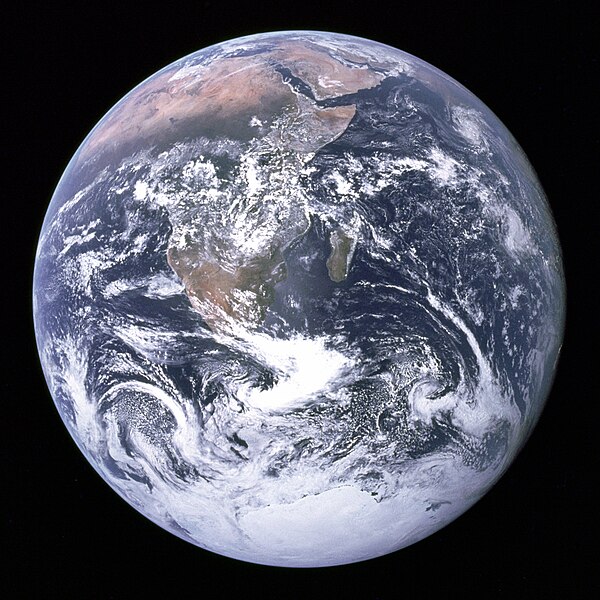"Power is like being a lady... if you have to tell people you are, you aren't."
[Margaret Thatcher]
Quote of the Day, from brainyquote.com (2026/01/09)
Article of the Day
The Yamato-class battleships were two battleships of the Imperial Japanese Navy, Yamato (pictured) and Musashi, laid down leading up to the Second World War and completed as designed. A third hull was converted to the aircraft carrier Shinano during construction. Displacing nearly 72,000 long tons (73,000 t), the completed battleships were the heaviest ever constructed. The class carried the largest naval artillery ever fitted to a warship, nine 460 mm (18.1 in) naval guns, capable of firing 1,460 kg (3,220 lb) shells over 42 km (26 mi). Because of the threat of U.S. submarines and aircraft carriers, Yamato and Musashi spent the majority of their careers in naval bases. All three ships were sunk by the U.S. Navy: Musashi by air strikes while participating in the Battle of Leyte Gulf in October 1944, Shinano after being torpedoed by the submarine USS Archerfish in November 1944, and Yamato by air strikes while en route to Okinawa in April 1945. (This article is part of a featured topic: Yamato-class battleships.)
Current Events

BBC One-minute World News
Fast briefed every day.
- Trump pleads not guilty to 34 felony counts (1970-01-01 01:00)
- Haberman reveals why Trump attacked judge and his family in speech (2023-04-05 15:30)
- What to know about the Trump indictment on the eve of his court appearance (2023-04-06 00:50)
- READ: Trump indictment related to hush money payment (1970-01-01 01:00)
- Russian authorities detain suspect over St. Petersburg cafe blast (1970-01-01 01:00)
Image of the Day

Source: Wikimedia Commons.
On this day: January 8
- 1735 – George Frideric Handel's opera Ariodante premiered at the Covent Garden Theatre (pictured) in London.
- 1790 – George Washington delivered the first State of the Union address in New York City, then the provisional capital of the United States.
- 1939 – The New Deal for Aborigines was formally announced by the Australian government, providing for full civil rights for Indigenous Australians in exchange for cultural assimilation.
- 1991 – Jeremy Wade Delle committed suicide in his high-school class in Richardson, Texas, an event that inspired the Pearl Jam song "Jeremy".
- 2010 – Gunmen from an offshoot of the Front for the Liberation of the Enclave of Cabinda attacked the bus transporting the Togo national football team to the Africa Cup of Nations in Angola, killing three people.
- Athelm (d. 926)
- Fanny Bullock Workman (b. 1859)
- Zdeněk Mácal (b. 1936)
- Robert Baden-Powell, 1st Baron Baden-Powell (d. 1941)
Knowledge about Earth

Facts and Figures
- Age of Earth: ~ 4.568 billion years
- World Population: 7.3 billion (July 2015)
- Continents: 7 (Asia, Africa, North America, South America, Antarctica, Europe, and Australia)
- Mean Radius: 6371.0 km
- Axial Tilt: 23,44°

Image Source: Wikipedia - License: Public Domain (thanks to NASA)

Our Solar System
Our solar system consists of
1 star (Sun) and 8 planets (Mercury, Venus, Earth, Mars, Jupiter, Saturn, Uranus and Neptune).
- 1 AU (astronomical unit) is roughly the distance between Earth and the Sun (about 150 million kilometres).
- The space probe Voyager 1 was launched by the NASA in 1977 and is meanwhile (autumn 2015) about 133 AU away from Earth.

Image Source: Wikipedia - License: CC BY-SA 3.0
Why you should extend your general knowledge:
There are many reasons why one should or wants to extend his knowledge.
First you should consider that "general knowledge" is knowledge which a group of humans - who belong together regional, temporal or otherwise - owns. Thus, it describes a basic understanding of specific categories of knowledge.
As the English philosopher Francis Bacon said before: "Wisdom is Power" [Bacon 1597].
 Daily Knowledge
Daily Knowledge 
